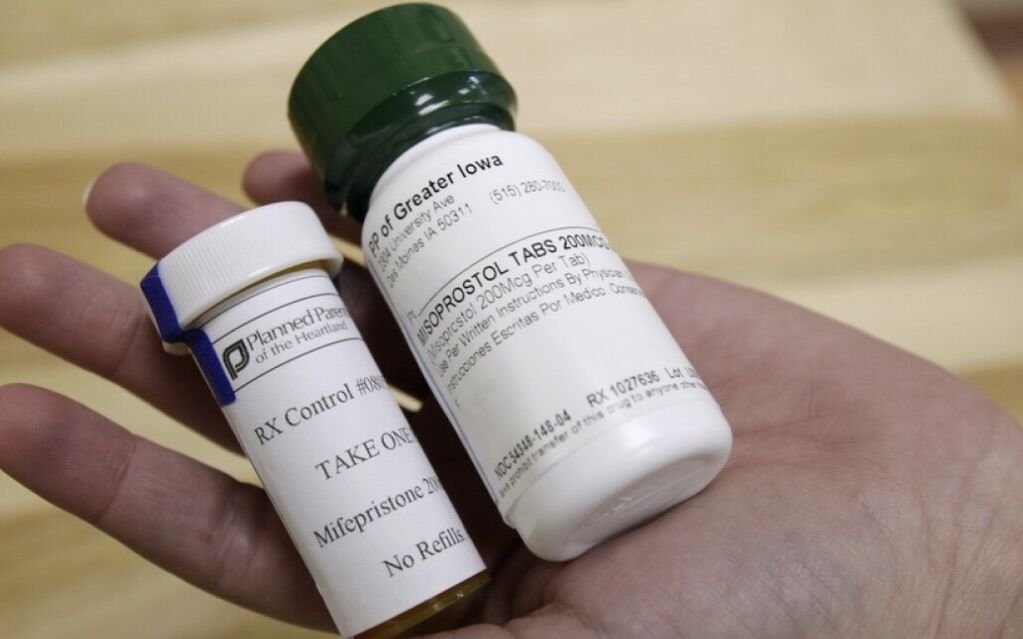Thousands of Women Stockpiling Abortion Pills in Anticipation of Restrictions, New Research Shows
Research finds a surge in demand for stockpiled abortion pills in the U.S. amid potential restrictions on access to medications, revealing inequities in advance provision.
In recent years, thousands of women in the U.S. have been stockpiling abortion pills in anticipation of potential restrictions on access to the medications, according to new research. The demand for these pills peaked in the wake of news regarding potential changes to reproductive rights, with requests for the pills increasing nearly tenfold after the leaked speculation that the Supreme Court would overturn Roe v. Wade. A European online telemedicine service, Aid Access, received about 48,400 requests for "advance provision" of abortion pills from across the U.S. between September 2021 and April 2023.
The research letter published in JAMA Internal Medicine found that requests for these pills surged during times of uncertainty surrounding abortion access, such as after the leak regarding potential changes to reproductive rights, and again in April 2023 when there were conflicting legal rulings about the federal approval of mifepristone. Dr. Abigail Aiken, an associate professor at the University of Texas at Austin and one of the authors of the letter, stated that people are facing looming threats to their reproductive health access and are potentially thinking about how to prepare for these challenges.
The research also found inequities in who is getting these pills in advance, with a higher proportion of individuals who were at least 30 years old, white, had no children and lived in urban areas and regions with less poverty. Dr. Daniel Grossman, an OB-GYN at the University of California, San Francisco, noted that it's not surprising that some people would want to have these pills on hand in case they need them, given the potential barriers to obtaining them through traditional channels.
This new trend of advance provision of abortion pills is just beginning to gain traction within the U.S. healthcare setting, and is still not reaching people who face the greatest barriers to abortion care. Aiken mentioned that some other organizations have started offering pills in advance, and more research is needed to address the existing inequities in access to reproductive healthcare.




